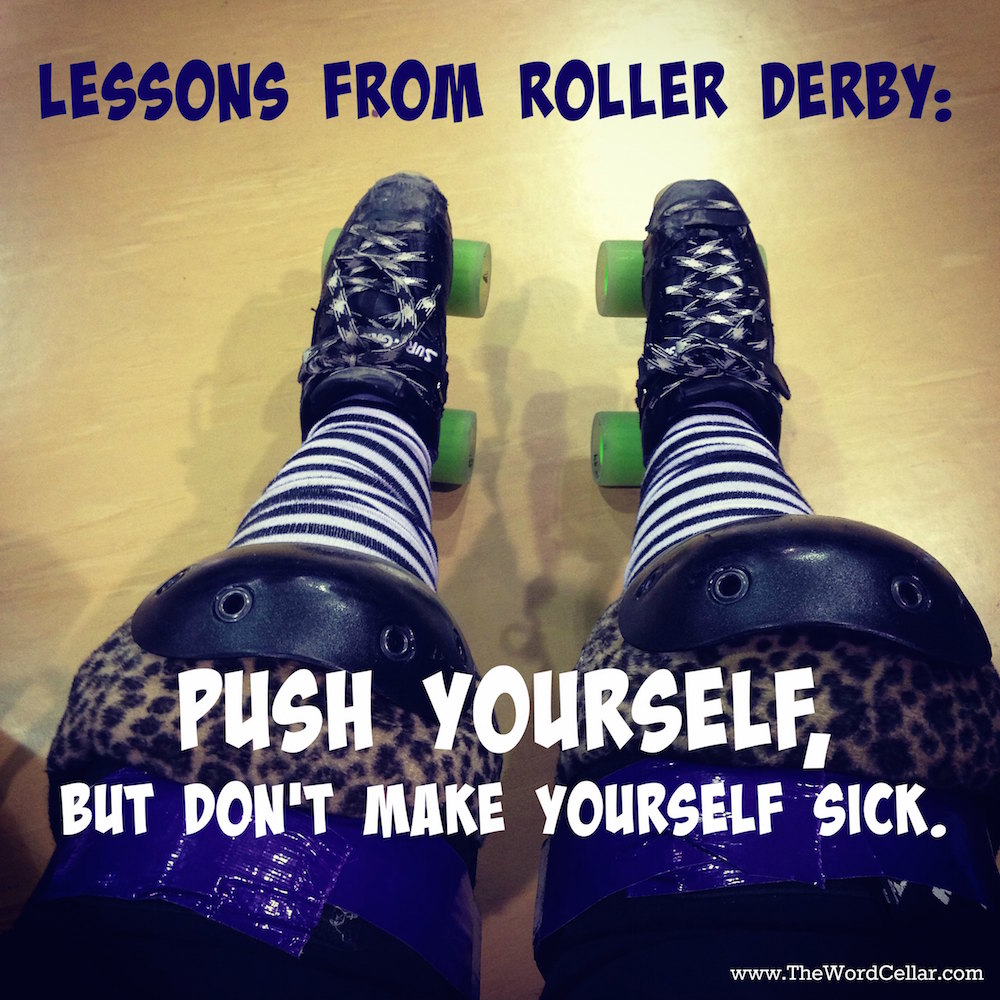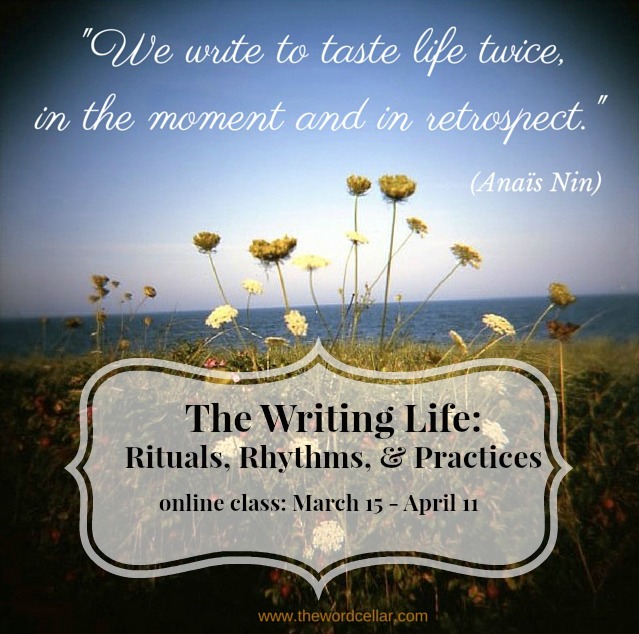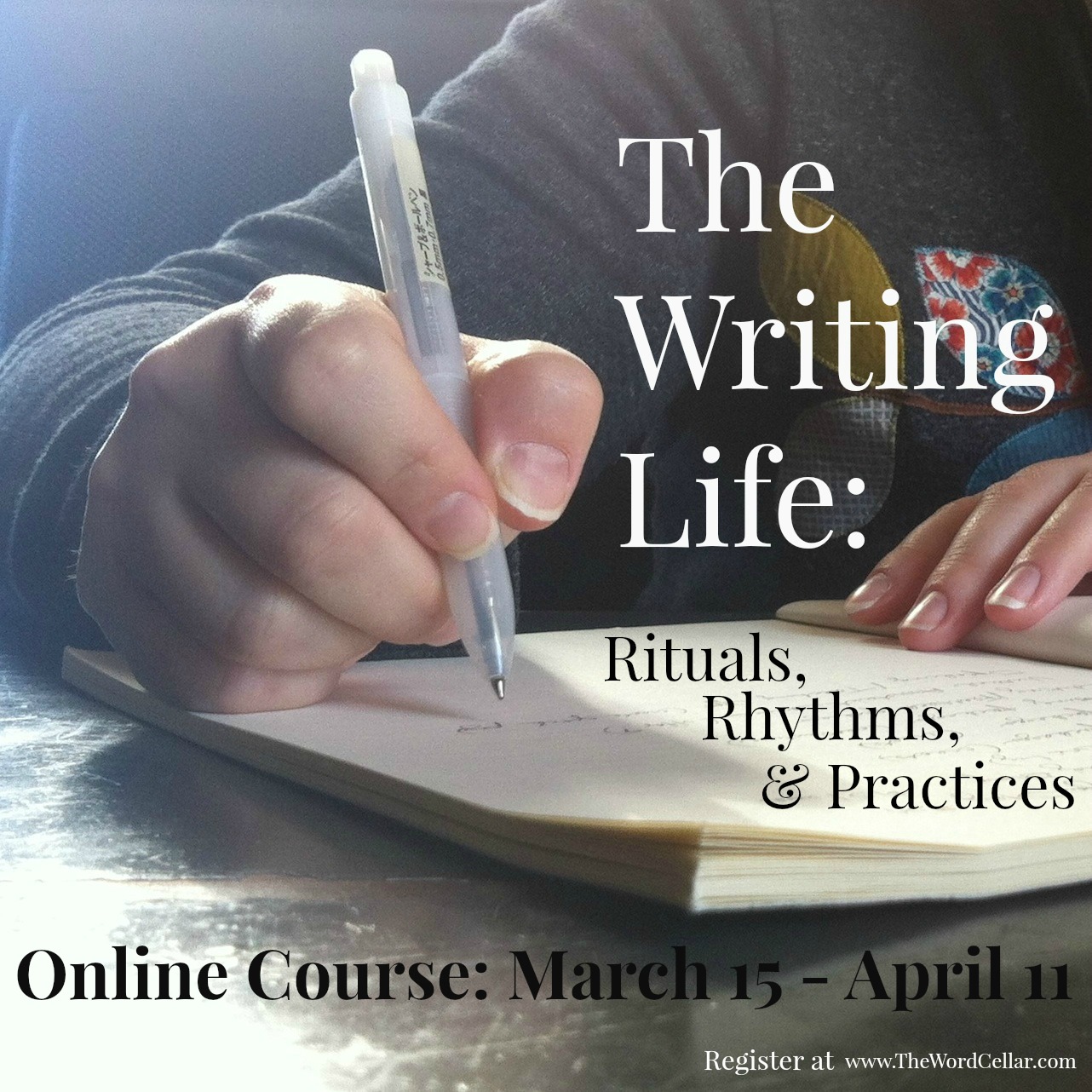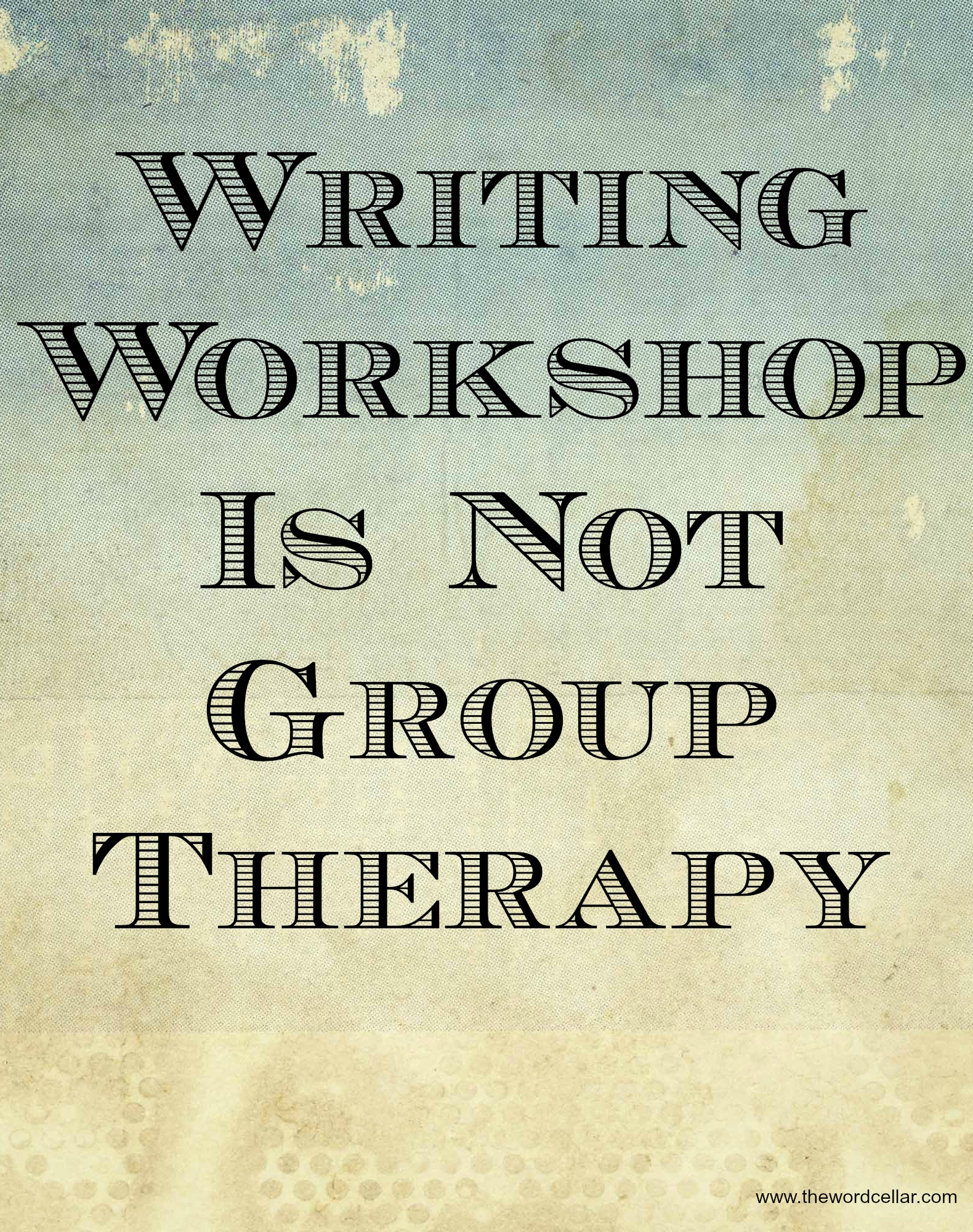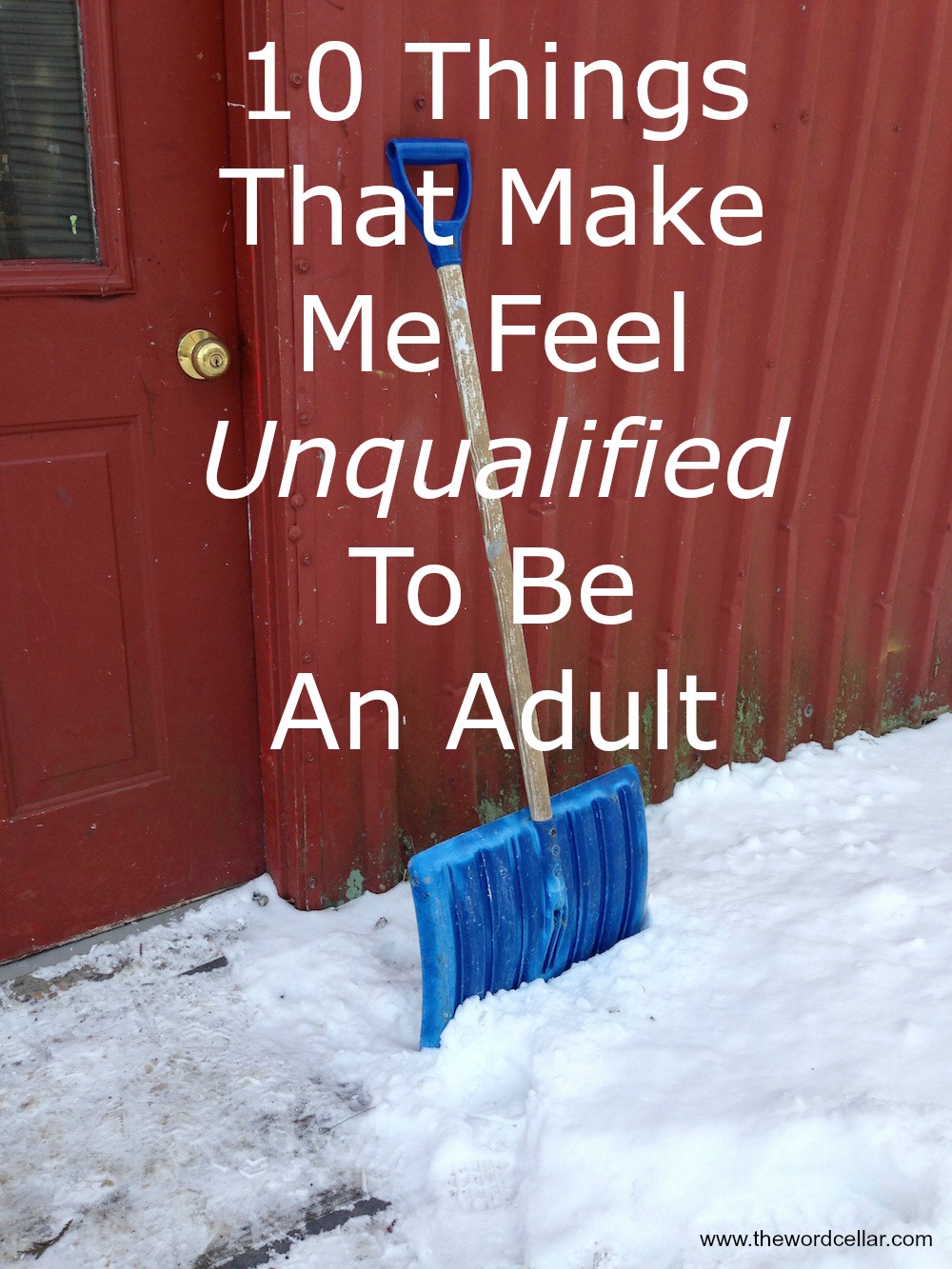
Every so often, I find myself in a situation that makes me think: I'm not qualified to be an adult. These moments often seem to be related to issues of finances, the maintenance of my home/car/appliances, or the emotional complexities of being a human.
When I was younger, I assumed that adults knew what was what. After all, they were in charge, weren't they? They seemed to run the world. I assumed that when I became a grown-up, I'd know what was what, too. I don't recall spending much time thinking about this. As I said, it was something I assumed. And then, in my mid-twenties, this assumption tumbled out into the light of day, pointing and laughing at me. The first time I can recall this happening was on my way to get my taxes done. (More on that below.) Around the quarter century mark, I realized that I have no idea what I am doing. How horrifying! Even more horrifying (or maybe it's the only real comfort in the world, depending on your view of things) was the realization that no one else seems to have much of an idea what they're doing either.
It's enough to make you wonder how our species survives.
Don't get me wrong. I don't want to be a child again. Being a kid is hard enough: It's confusing and overwhelming, and you have very little power over your own circumstances. And for whatever confusions or trials and tribulations that adulthood brings, at least you can stay up as late as you want and eat your favorite junk food.
Today, because I had to put oil in my car, and because it's 9:04pm and I still haven't eaten dinner (more on those below), here's a partial list of things that make me feel unqualified to be an adult.
1) Taxes: During our first spring as a married couple, my husband and I were on our way to the office of the accountant who had always done my family's taxes. Along the way, I had to call my mother because I realized that I didn't know where we were going. I had forgotten to get the accountant's address. Turns out, that was the tip of the iceberg of all the ways that tax time makes me feel like I'm playing dress-up and clomping around unsteadily in shoes that are too big for me.
2) Car Maintenance: Here are some existential quetions to ponder: If the little red oil-can-shaped light blinks on every so often but doesn't stay on, how urgent is the situation? How embarrassed should one be to admit that one has never used the oil dipstick to check the oil level in one's car? And when one finally sees how bloody simple it is to use said dipstick, should one be more or less embarrassed that one has never done it? I say, be as embarrassed all you like, but be glad for a friend who will stand in the rain with you to show you how it's done. Be thankful for the family friend car mechanic who answers his cell phone after business hours to tell you if he used conventional or synthetic oil last time around so you don't accidentally mix the types and kill your engine. Be indebted to the kindly guy at the auto parts store who will help you find the oil you need and will even help you put one quart, two quarts, three quarts in your 4.5 quart engine even though you didn't ask for help and even though, in his words, "We're not supposed to put fluids in customers' cars."
3) Snow (and sunshine): We live in suburbia, the land of big lawns and big driveways. While our neighbors clear their driveways after every snowfall, we tend to let ours pile up in wintertime. It's a large driveway, and we don't own a snowblower. Also, we are lazy and have better things to do than shovel for an hour or more every few days. You shovel, it snows some more. Wait long enough, and the stuff will melt. Besides, my SUV can usually just cut right through the snow, no matter how deep it gets. But what do the neighbors think of us? Do I care? A little bit. But not as much as I don't want to shovel snow. It's March now, so the worst of winter should be over (Lord have mercy). Longer days mean warmer temperatures and more sunlight. But this just means that a new seasonal adult chore is about to begin: yard work. Oh Lord save us from the yard work. I don't know how to prune and preen like my neighbors do. I love flowers. Weeds love us. I think some of the neighbors hate us. The only time the woman across the street -- the one who is outside every evening of the spring, summer, and fall doing yard work -- the only time she voluntarily said hello to me when we passed on our evening walks was the year we hired contractors to redo our landscaping. "Looks nice!" she said with a half-smile.
4) Minor Disappointments: I'm not talking about the major life events here. I mean the stupid little ones: When you plan a nice dinner out and your favorite restaurant is closed. When you don't win a contest. When your picnic is rained out. Sure, maybe we adults don't throw temper tantrums over such things. But maybe that nagging sense of disappointment that can mess up our mood for a whole day or week would blow over more quickly if we did.
5) Death: Sometimes, it's not just the grief for the people you've lost that can bring you to your knees. Sometimes, it's the knowledge that one day, other people you love will die, and you may still be around to grieve them. How do any of us survive any of that?
6) Groceries/Dinner/Dishes/Social Consciousness: Food and dinner and clean dishes don't just magically appear. I never thought that they did, but damn if it isn't a challenge some weeks to make sure there's food in the fridge and clean dishes in the cupboard. And even as I grumble about being out of broccoli, I recognize that this is a problem rooted in privilege. I can drive to the store (in the car that needed oil). I can afford to buy broccoli that was grown out-of-season and shipped from hundreds or thousands of miles away. I have an electric stove to cook on and running water with which to wash the dirty plates. I get to eat my meals without ever tilling the earth, lighting a fire, or walking miles for water. How do I let these everyday miracles feel like burdens instead of luxuries?
7) Furnace Filters : We need a new one, and I never remember what kind it is, but it's not one you can just buy at the local box store. It's one you have to order from the company directly, but what's the model number again?
8) Major Disappointments: When we don't get the job we want or need. When severe illness strikes. When we say harsh things to someone we love. When we hear harsh things from someone who loves us. When promises are broken. How did we forgive each other and move on when we were kids? How did we bounce back? Or did we? How do we do that as adults?
9) Paperwork: If I could maintain a more consistent filing system, I would know exactly what kind of furnace filter I need because I'd know exactly where to find the paperwork from the one I ordered last year. I'd also never misplace the warranty for the dehumidifier that stopped working, the bank statement with the incorrect overdraft charge on it that needs to be reversed, or anything dealing with insurance, credit card statements, or refinancing offers.
10) Credit Card Points: That moment when you decide to finally, finally, FINALLY use those credit card points you've been accruing all these years, only to discover that the damn program was discontinued and you had six months to use-or-lose your points, and you vaguely remember seeing a letter about this maybe eight months ago, and now, no, there's no way to make an exception, all is lost, even though you probably had enough points for a free round trip airline ticket, rules are rules. That moment.
Maybe I'm just incompetent, but I'm guessing you have a list of your own. Share it?
 Friday, March 20, 2015 at 1:28AM
Friday, March 20, 2015 at 1:28AM 